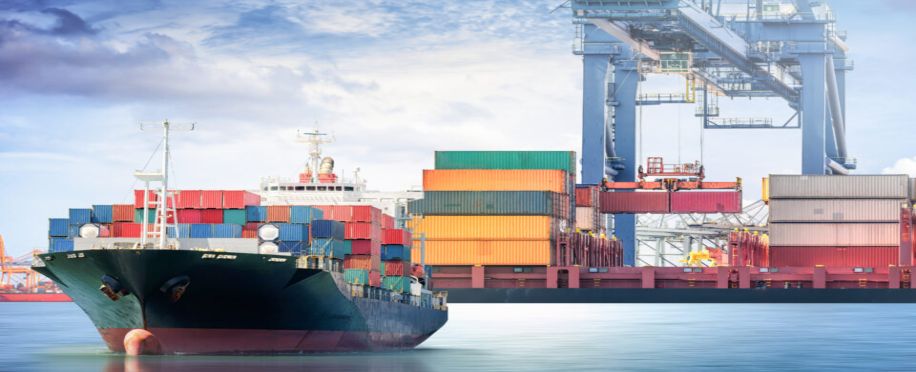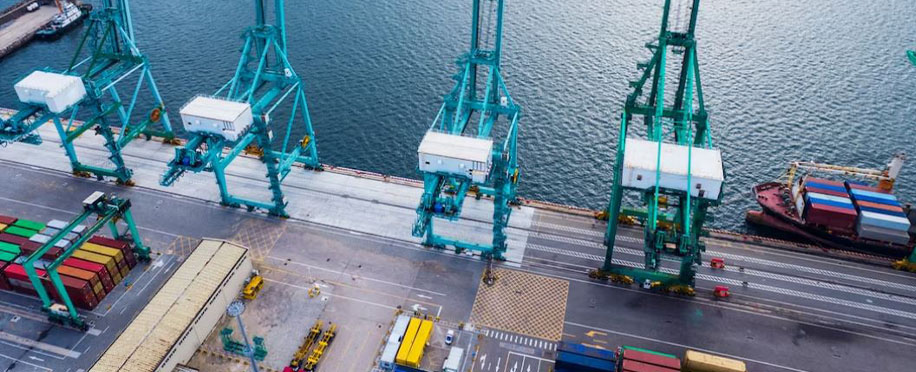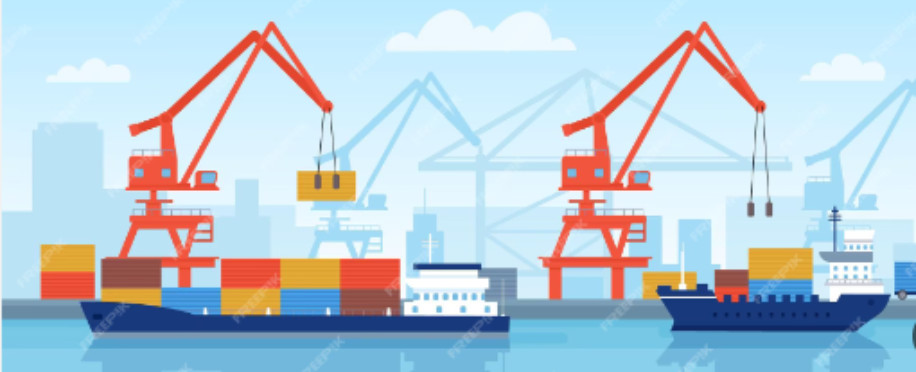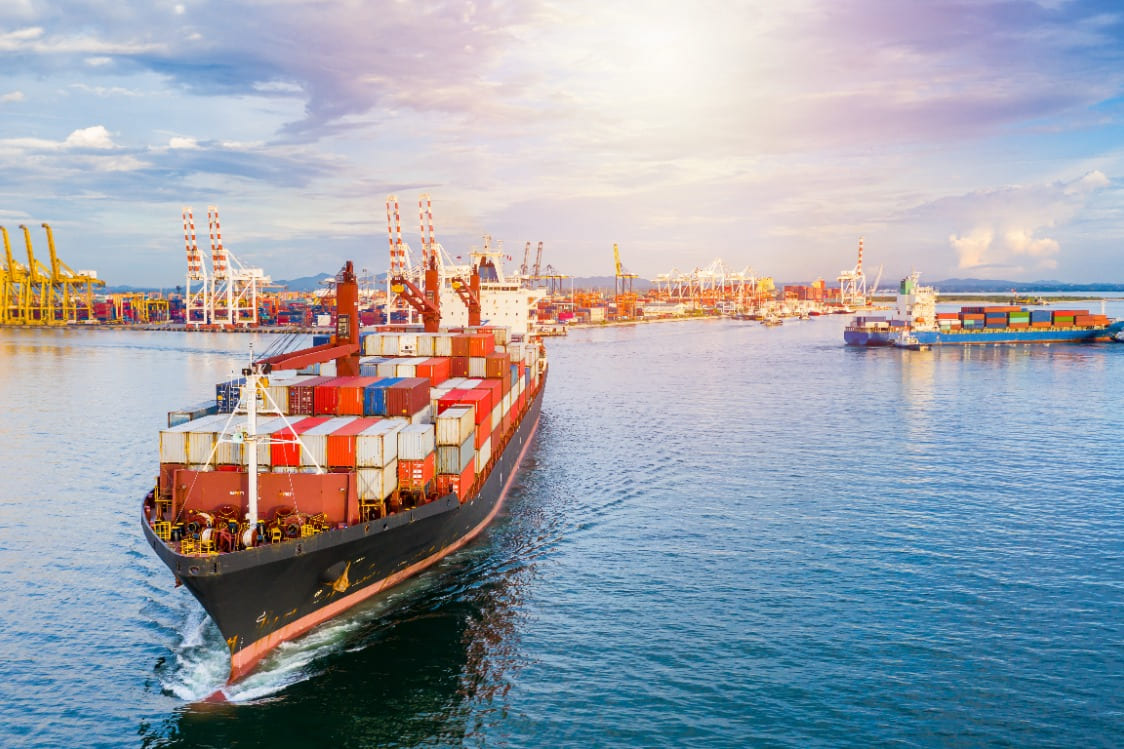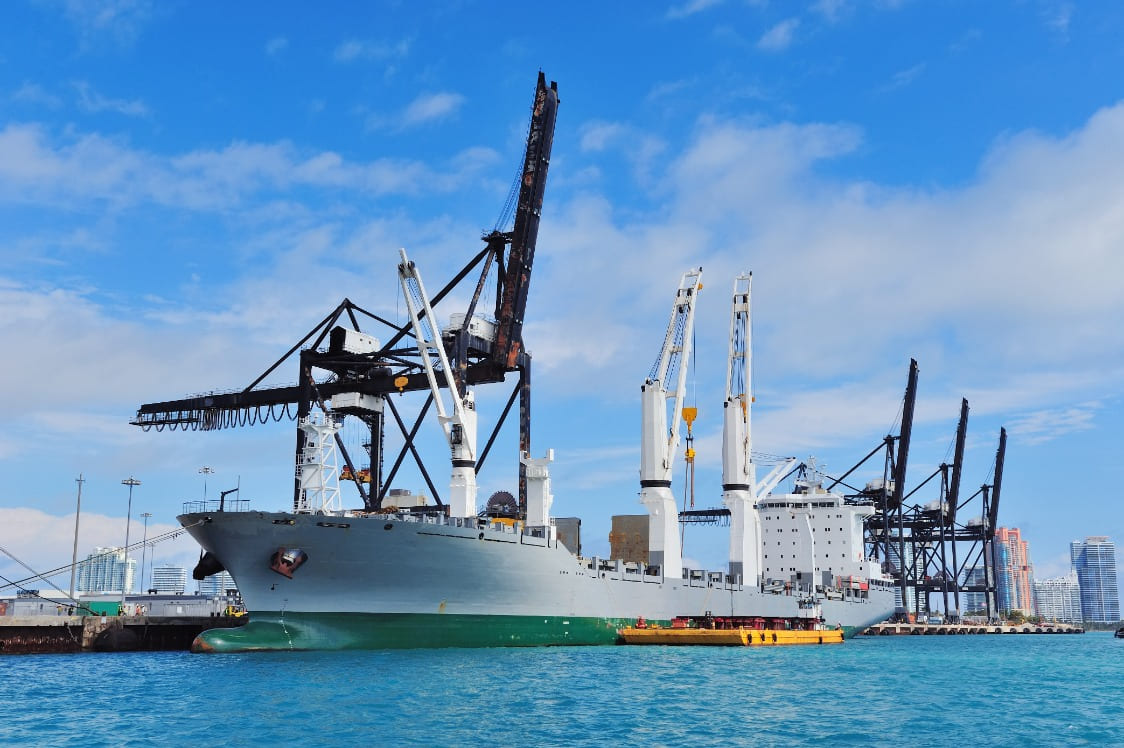The Future of Freight Forwarding: Trends to Watch
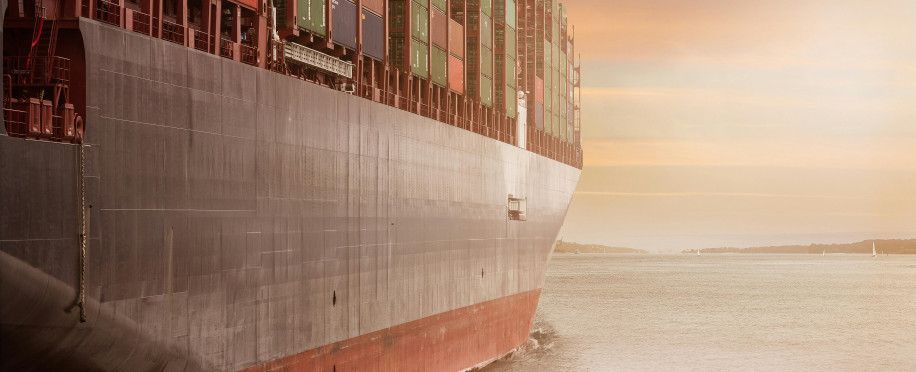
Posted on Jun 24, 2024 at 07:06 AM
The maritime industry is a huge and international industry with many included logistics and services, such as freight forwarding that facilitate marine shipping and transportation services.
Moreover, marine freight forwarding with all the working freight forwarders, ocean freight services, logistics, and carriers is one of the most vital international transportation ways.
In this article, we are going to share with you updated information about maritime freight forwarding, including the basic service steps, the benefits, and the upcoming trends in ocean freight forwarding services that you need to watch.
What Is Freight Forwarding?
Freight forwarding is not just a service done by the forwarder but an industry within the international maritime industry, with international companies, carriers, services, and logistics.
The main concept of marine freight forwarding is planning and arranging the movement and shipment of cargo and goods by the expert forwarder between exporters and importers through international ports.
Moreover, the freight forwarder plays the intermediary role between the shipper and carrier and covers all required forwarding services, solutions, and logistics. Including haulage documentation, customs clearance, and warehousing while following the best practices in port operations and more.
However, we should not ignore that there are various modes of global freight forwarding transportation used by shippers to import and export required supply chain, like air freight, sea freight, road freight, and rail freight, that all are managed by forwarders and aim to simplify the process of global trade logistics.
What Does a Freight Forwarding Agent Do?
The freight forwarding agent, also known as the freight forwarder, is the company that handles the forwarding stages, services, documents, and logistics of the global forwarding process, such as:
-
Choose Transportation Routes:
At this stage, freight forwarders are responsible for evaluating the available transportation options based on the time, destination, and potential risk factors to determine the most efficient and cost-effective maritime routes.
-
Select the Carriers:
The maritime forwarders are the ones to select appropriate carriers based on reliability, transport service quality, and exporting and importing pricing, moreover, they negotiate contract terms and rates to coordinate the best possible operating terms for their clients.
-
Track Multiple Shipments:
Freight forwarders monitor the progress through the water and land, and handle any issues or delays happening during transportation, furthermore, offer updated details for the included customers and businesses.
-
Handle Insurance Requirements:
All the details attached to cargo insurance are handled by freight forwarders, as they ensure that the cargo has appropriate coverage, from the warehouse to the vessel, that protects it from any single incident or loss.
-
Manage Cargo Handling, Shipping, and Stocking:
The approved shipping management courses online prepare freight forwarders to oversee the physical handling of goods and containers, including loading and unloading, warehousing, and common inventory management reviews.
With integrated training to ensure regulations compliance and tailored and efficient operations.
Key Benefits of Using Maritime Freight Forwarder:
Someone may think “Why not do it myself and save some costs?” here are the leading advantages, you and your business will gain from hiring a freight forwarder:
-
Reduce Cost:
A professional freight forwarder will have the expertise and relationships with carriers and maritime companies to arrange deals, negotiate better rates, and streamline an affordable solution on the worldwide market.
-
Fast and Efficient Process:
The forwarder person can identify the logistics process by managing all aspects and capabilities of shipping, from documentation to customs clearance to achieve effective handling and smooth transit for your products.
-
Lower the Required Time:
The freight forwarder will know how to make your shipping time shorter by choosing ideal routes and carriers based on your established requirements which will lower the required shipping time.
6 Trends of Freight Forwarding:
Maritime freight forwarding is an ever-evolving industry with important trends to follow, especially if you run a business with moving global transportation services.
-
Life-Time Cargo Tracking:
Having updated digital tracking logistics will not only enhance transparency among all working parties but also allow real-time, end-to-end visibility of shipments, which helps forwarders and clients monitor the cargo's location and status.
-
Full Digitalisation:
Preparing an efficient freight forwarding process always aims to increase efficiency, reduce errors, and save time. Thus, it is moving towards a complete digitalisation step, with electronic documentation and automated workflows replacing traditional paper-based processes.
-
Follow Sustainable Steps and Processes:
Sustainability is an international concern, thus, all freight forwarders are required to adopt eco-friendly practices, use greener transportation modes, and invest in renewable energy sources and sustainable packaging.
-
Dynamic Routing Process:
Various changing conditions could impact the route management process, such as weather, traffic, and port congestion, thus, freight forwarding must follow a flexible routing process to improve delivery timing and reduce costs.
-
Using the Latest AI Tools:
Artificial intelligence is becoming more and more popular in the maritime industry, and its advancement is boosting the freight forwarding process with better efficiency, accuracy, and responsiveness in all logistics operations.
-
Customer-Centric Platforms:
Freight forwarders are now using platforms that focus on enhancing customer experience and satisfaction, with features like self-service portals, personalised services, and instant communication channels.
Eventually,
Freight forwarding is a great management process that when handled correctly can boost your business shipment, save your time, and improve your revenue.
Thus, working with well-trained freight forwarders is required to gain the best benefits and empower your work insights.
